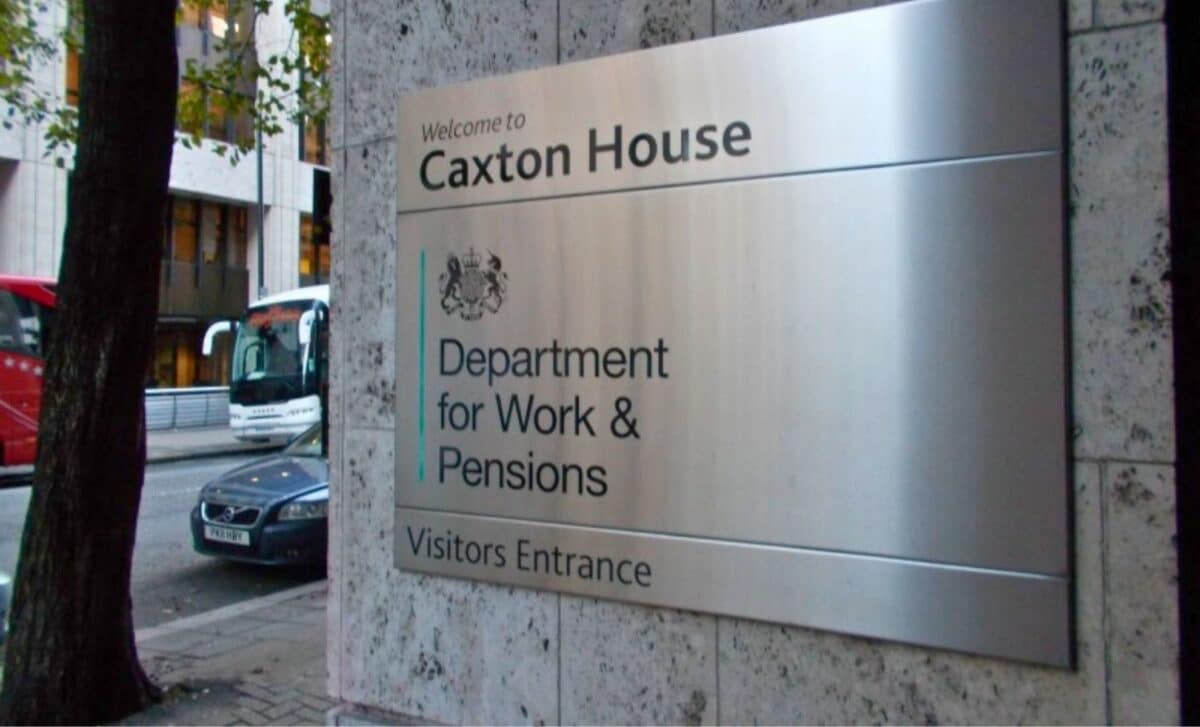Under substantial government changes, the Department for Work and Pensions (DWP) is implementing a massive overhaul of the welfare system, warning nearly half a million people receiving Personal Independence Payments (PIP) that they may see their weekly payments reduced.
DWP Welfare Overhaul Sparks Outcry Over Benefit Cancellations
The Department for Work and Pensions (DWP) is now overhauling the welfare system with the goal of reducing the amount of money spent on benefits.
As part of this change, certain claimants’ monetary rewards will be cancelled. This proposal has drawn considerable outcry from disability non-governmental organizations (NGOs) and advocacy groups, who claim that it will disproportionately affect vulnerable individuals who are already struggling financially.
Ministers supporting the reforms argue that changes to the Work Capability Assessment will result in a reduction of 424,000 applicants eligible for the greatest level of support. While supporters say that these reforms are required to streamline the welfare system and guarantee that resources are deployed more efficiently, critics remain suspicious, warning of the potential human cost and societal repercussions of such broad changes.
Government Proposes Welfare Reforms Amid Concerns Over Payment Cuts
A number of claimants and NGOs have already raised major concerns about the reforms, however, the government wants a greater number of individuals on benefits, to work in order to reduce the welfare bill.
They stated that persons in the highest category of incapacity benefits would “received personalised support to prepare for work,” and that claimants would be protected from losing their benefits if they tried to work. Ministers are suggesting a shake-up of the present blanket payment system because they believe that not everyone on PIP, which pays up to £184 a week to those with conditions that require assistance with daily duties, should continue to receive money.
They advocate a more targeted strategy in order to prevent money from being wasted. People with certain disorders may have their funds withdrawn and diverted to treatment services instead, notwithstanding existing concerns about the quality of mental health treatments.
Others may be able to substitute payments with scholarships or vouchers. The ideas are currently out for consultation until the end of July.
The Government stated: “Our reforms to the Work Capability Assessment are expected to reduce the number of people put onto the highest tier of incapacity benefits by 424,000, people who will now receive personalised support to prepare for work, while our Chance to Work Guarantee will mean people can try work without fear of losing their benefits.”









